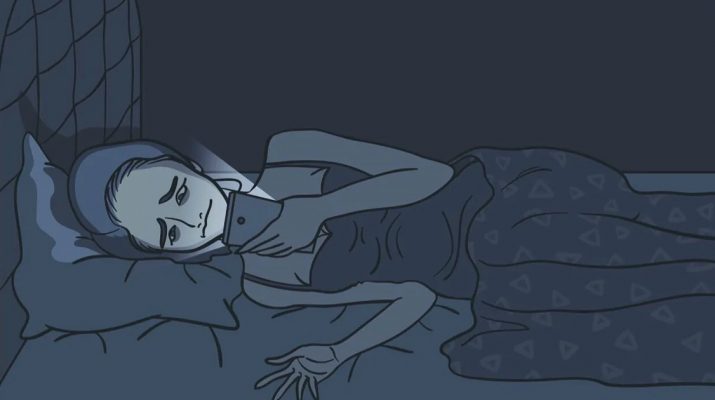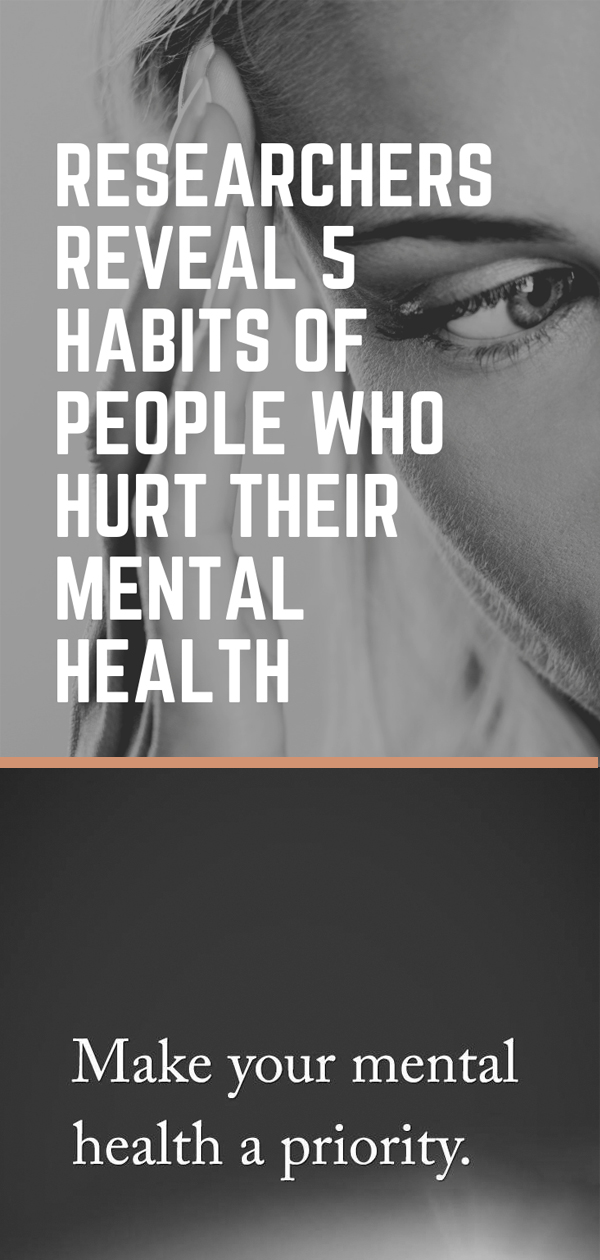“Modern life is not good for mental health.” – Jean Twenge, sociologist
The above quote is a short but potent statement that asserts what many of us likely think on a daily basis but never say. We live in a world where we have almost everything at the push of a button or flick of the wrist, yet mental health issues have been on the rise. Compared to our ancestors, we have it pretty good.
We have air conditioning when it’s hot and heat when it’s cold, delivery services that can pick up our dinner and bring it to our doorstep, and machines that wash our clothes for us. We really don’t have to work very hard for things anymore, but we have less leisure time and more stress. This paradox of having it all yet being unhappy can seem confusing, but when you look a little deeper, it all makes sense.
We have created a world that we really don’t thrive in, and as a result, our moods and physical health suffer. Because of technology, our lives have become easier, but easy doesn’t always equal better. Humans need fresh air, sunshine, food from nature, exercise, and human connection to thrive. Modern life doesn’t provide these things very easily, hence the mental health crisis.
We’ll go into more detail below about what habits and lifestyles can lead to poor mental health.
Here Are 5 Habits Of People That Hurt Their Own Mental Health And Well-Being:
1. They Don’T Move Their Bodies Enough
We have more health care, but less health than ever. You hear about people having heart problems, diabetes, and other health ailments at younger ages now, and our modern life is likely to blame. Years ago, before we had all this machinery and convenience, we would actually have to work to get food, water, and shelter.
We lived closer to nature, which by default required us to move around to acquire what we needed. Now, we live in big cities where we don’t have to do anything but get in the car and drive to a grocery store for food, and work long hours sitting at desks to pay for shelter.
Lack of movement, aside from causing poor physical health, has also been shown to increase anxiety and depression. Exercise releases endorphins that help to boost your mood, which can combat the most prevalent mental health problems we see today: anxiety and depression.
2. They Buy A Lot Of Stuff They Don’T Need
Humans are easily influenced by the habits of those around us, and sadly, many people buy things they really don’t need, whether out of habit or to try to fill a void in their life. However, studies have shown repeatedly that more “stuff” can’t ever buy happiness. In fact, accumulating too many things we don’t need can cause anxiety and stress. Research shows that buying experiences, not things, can increase happiness, because people connect more to things they do rather than things they can use.
3. They Don’T Prioritize Sleep
You guessed it: lack of sleep and anxiety/depression have a direct link between each other. We absolutely need quality sleep in order to function, but modern life doesn’t emphasize sleep very much. Technology, stress, lack of exercise, poor diet, and many other factors can contribute to inadequate sleep, which can exacerbate mental health issues. Not to mention, all of the caffeine we drink throughout the day to keep us alert can lead to poor sleep at night, too.
4. They Overuse Smartphones And Technology In General
It comes as no surprise that when mobile technology began to increase, we saw an increase in mental health problems, too. One study found that people who spend extended periods of time on social media are more likely to develop depression.
Before smartphones, people would talk face-to-face more often and have deeper conversations, because they didn’t have so many distractions right in front of them. Now, we have more distractions than ever, and are less present and mindful in the real world. Because of our constantly plugged-in world, we are less connected with ourselves and the people around us. This disconnect between ourselves and reality has led to an epidemic of anxiety and depression, unfortunately.
5. They Don’T Spend Enough Time Outdoors
We absolutely need nature in order to survive, but yet, we seem to have built a world that shelters us from it. This doesn’t make much sense, does it? A lack of sunlight means less Vitamin D in your body, an essential nutrient that helps regulate your mood and immune system, among other things. Plus, studies have shown that people who walk through parks rather than city streets are calmer and less frustrated. Go figure.
Final thoughts
Our modern life may not paint a picture of perfect health, but that doesn’t mean you have to follow along with “the norm.” Make sure you allow yourself fresh air, sunshine, healthy foods, plenty of sleep, exercise, and a stress-free environment as much as possible. Doing these things plus limiting technology use and buying things in excess will afford you a better outlook on life, and therefore, better mental health!


